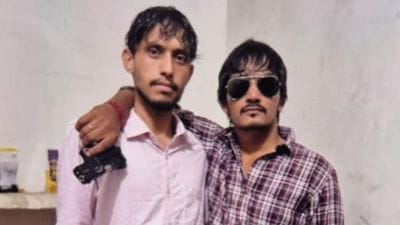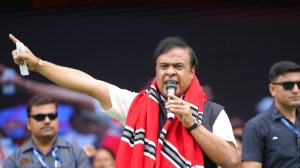PM has to take a political call
As Prime Minister Manmohan Singh addresses the concerns of the Department of Atomic Energy on the separation of India’s civil and milit...

As Prime Minister Manmohan Singh addresses the concerns of the Department of Atomic Energy on the separation of India’s civil and military programmes, it is becoming clear that the final decision will have to be a political rather than a technical one.
In an interview to The Indian Express, the Chairman of the Atomic Energy Commission, Anil Kakodkar has claimed, for the first time, that India’s Fast Breeder Reactor programme must be kept out of the civilian list in order to meet the requirements of India’s “minimum credible deterrent”.
At the talks last month here with the visiting US Under Secretary of State Nicholas Burns, the DAE had insisted that the breeder programme cannot be put on the civil list and under international safeguards, because of concerns about intellectual property rights. In those negotiations, the DAE apparently did not cite any security considerations on the breeder reactors.
If the DAE makes up its mind about the real reason to keep the breeder out of the civilian list, it should be easier for Indian diplomats to defend it.
On the DAE argument that “India’s strategic interests will have to be decided by India and not by others” in relation to the extent of the list of civilian facilities, analysts here say that India’s sovereign right must also meet the test of common sense.
Clearly, whatever India has to offer on its civilian list has to stand the scrutiny of the US Congress and the international community represented in the Nuclear Suppliers Group which must endorse the changes necessary for international nuclear cooperation with India.
While the DAE might prefer that imported reactors are a mere “additionality” to the indigenous Indian nuclear programme, there is no way of meeting those additional requirements until New Delhi presents a credible nuclear separation plan.
Without the nuclear pact being implemented, India would be in no position to import either enriched uranium badly needed by the Tarapur reactors or natural uranium for the indigenously developed reactors.
In the end, therefore, it is up to the PM to decide on the nature of nuclear separation taking into account the larger national energy and security interests of India.
Photos


- 01
- 02
- 03
- 04
- 05




























